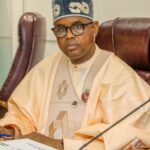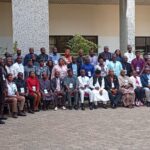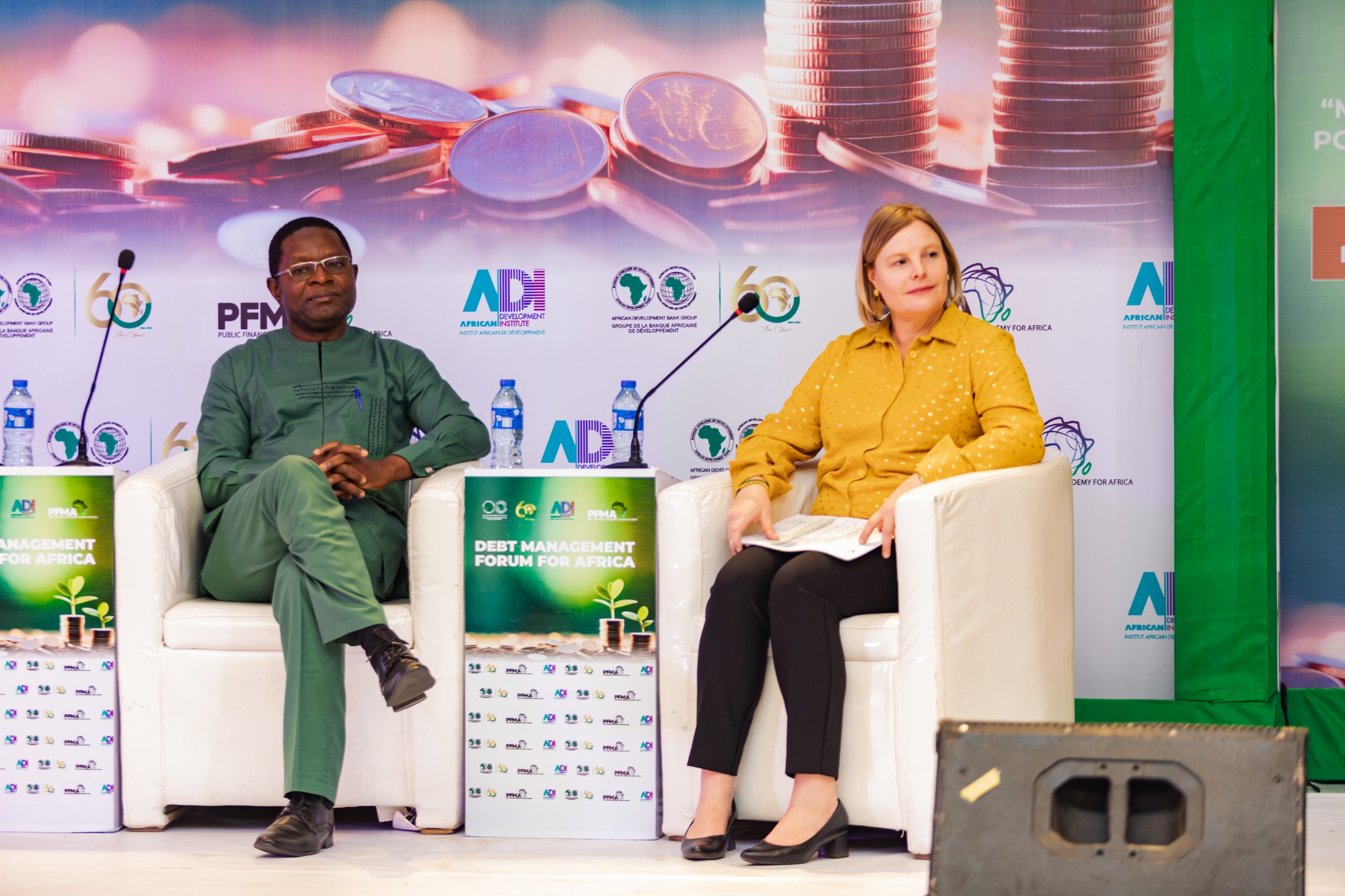Africa needs $74bn debt service – AfDB Chief Economist
2024-12-16
By Olawunmi Ashafa Prof. Kevin Urama, Chief Economist and Vice President, Economic Governance and Knowledge Management, African Development Bank (AfDB), says the continent needs 74 billion dollars in 2024 for debt service. Urama disclosed this at the launch of the Debt Management Forum for Africa (DeMFA) and itsContinue Reading












